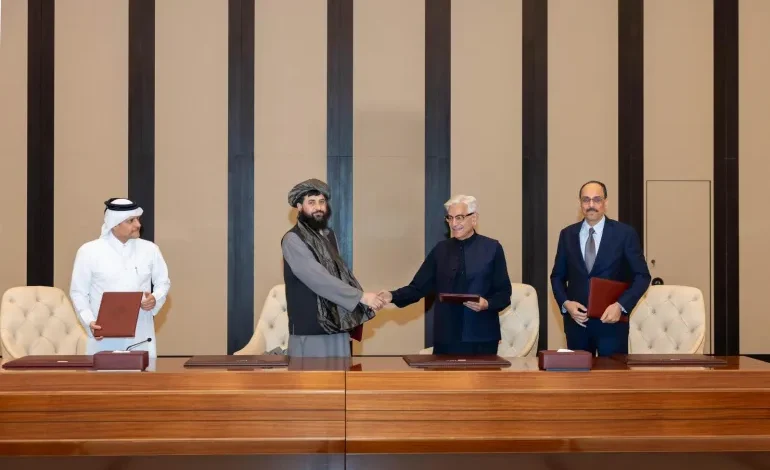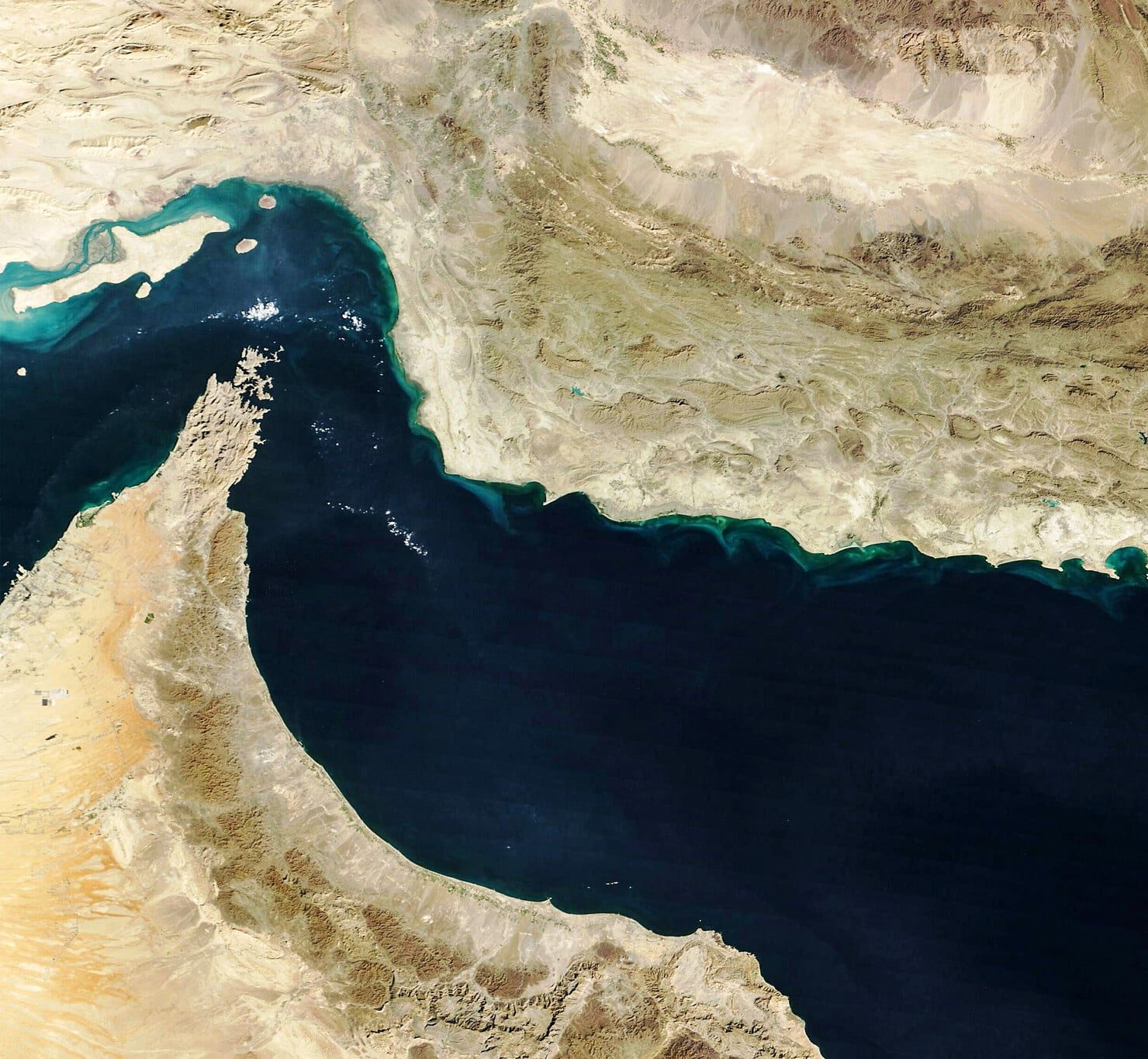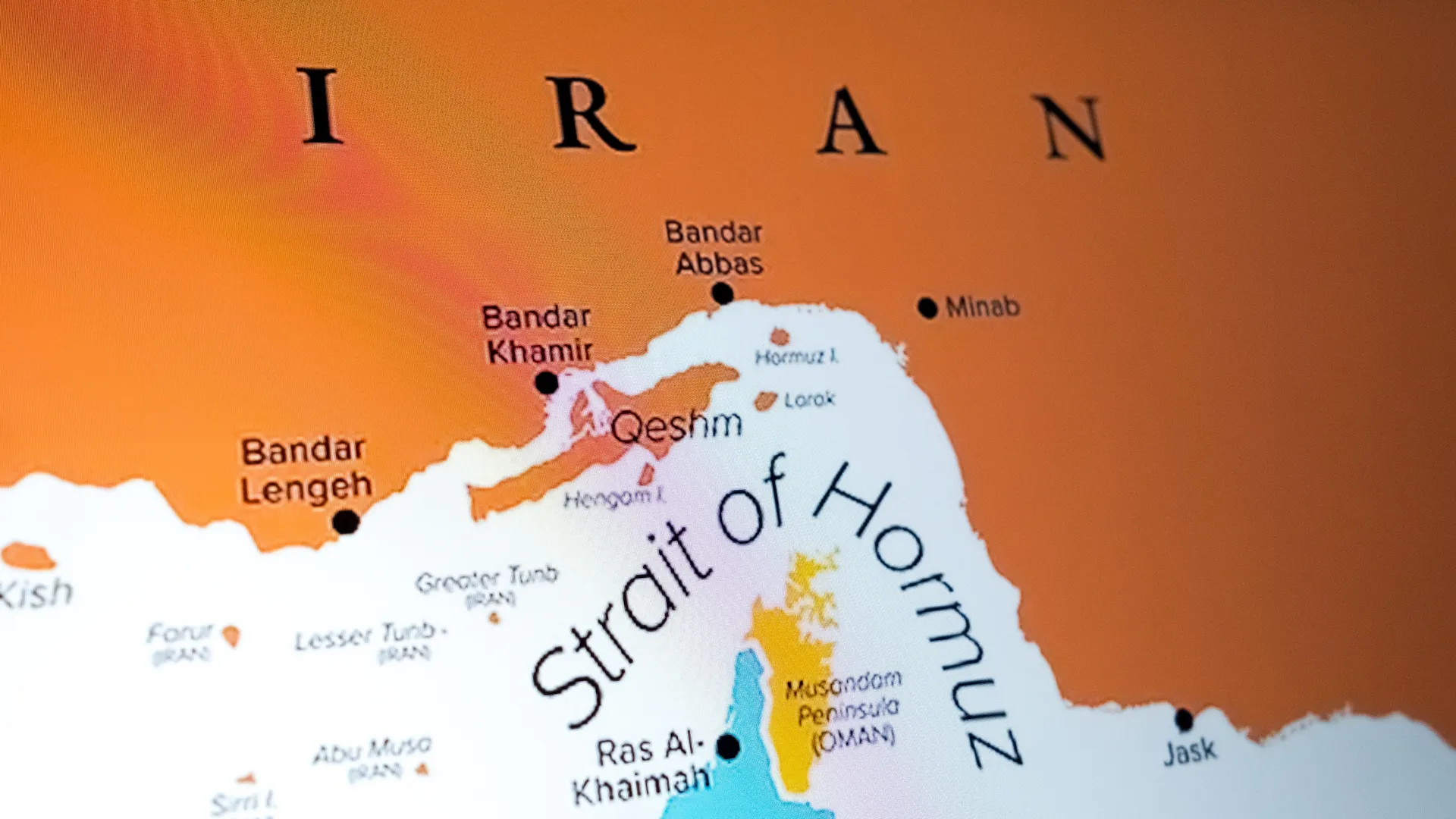Afghanistan and Pakistan Agree to Ceasefire After Deadly Border Clashes

Afghanistan and Pakistan have reached an agreement for an immediate ceasefire after a week of heavy fighting along their shared border, in talks mediated by Qatar and Turkey.
Qatar’s Ministry of Foreign Affairs announced early Sunday that both nations had agreed to halt hostilities and set up mechanisms to “consolidate lasting peace and stability between the two countries.” Follow-up meetings will be held in the coming days to ensure the truce holds and to create a monitoring framework to verify compliance.
Pakistan’s Deputy Prime Minister and Foreign Minister Ishaq Dar hailed the agreement as “a first step in the right direction.”
“Deeply appreciate the constructive role played by brotherly Qatar and Turkey,” Dar wrote on X. “We look forward to establishing a concrete and verifiable monitoring mechanism in the next meeting to be hosted by Turkiye, to address the menace of terrorism emanating from Afghan soil towards Pakistan.”
He added that both sides must work to “prevent any further loss of lives.”
The ceasefire follows days of intense clashes, the deadliest since the Taliban took power in Kabul in 2021, that killed dozens and injured hundreds along the two countries’ 2,600km (1,600-mile) border.
On Saturday, both governments confirmed they were holding talks in Doha to end the fighting. Afghanistan’s delegation, led by Defence Minister Mullah Muhammad Yaqoob, met with Pakistan’s Defence Minister Khawaja Muhammad Asif.
The violence began after Islamabad accused Kabul of allowing militants to launch cross-border attacks from safe havens in Afghanistan. The Pakistani military carried out air strikes in response, escalating tensions.
“The Afghan regime must rein in the proxies who have sanctuaries in Afghanistan and are using Afghan soil to perpetrate heinous attacks inside Pakistan,” Pakistani Army chief Field Marshal Asim Munir said on Saturday during a cadet graduation ceremony.
The Taliban, however, rejected Islamabad’s claims, insisting it does not harbor armed groups attacking Pakistan. Kabul in turn accused Pakistan of “spreading misinformation” and of sheltering ISIL (ISIS)-linked militants who threaten Afghan security.
Friday’s suicide bombing near the border that killed seven Pakistani soldiers and wounded 13 pushed relations to the brink before mediation efforts in Doha helped defuse the crisis.









The latest news in your social feeds
Subscribe to our social media platforms to stay tuned